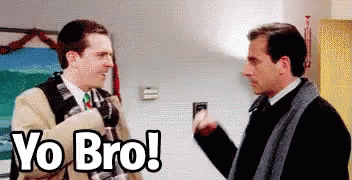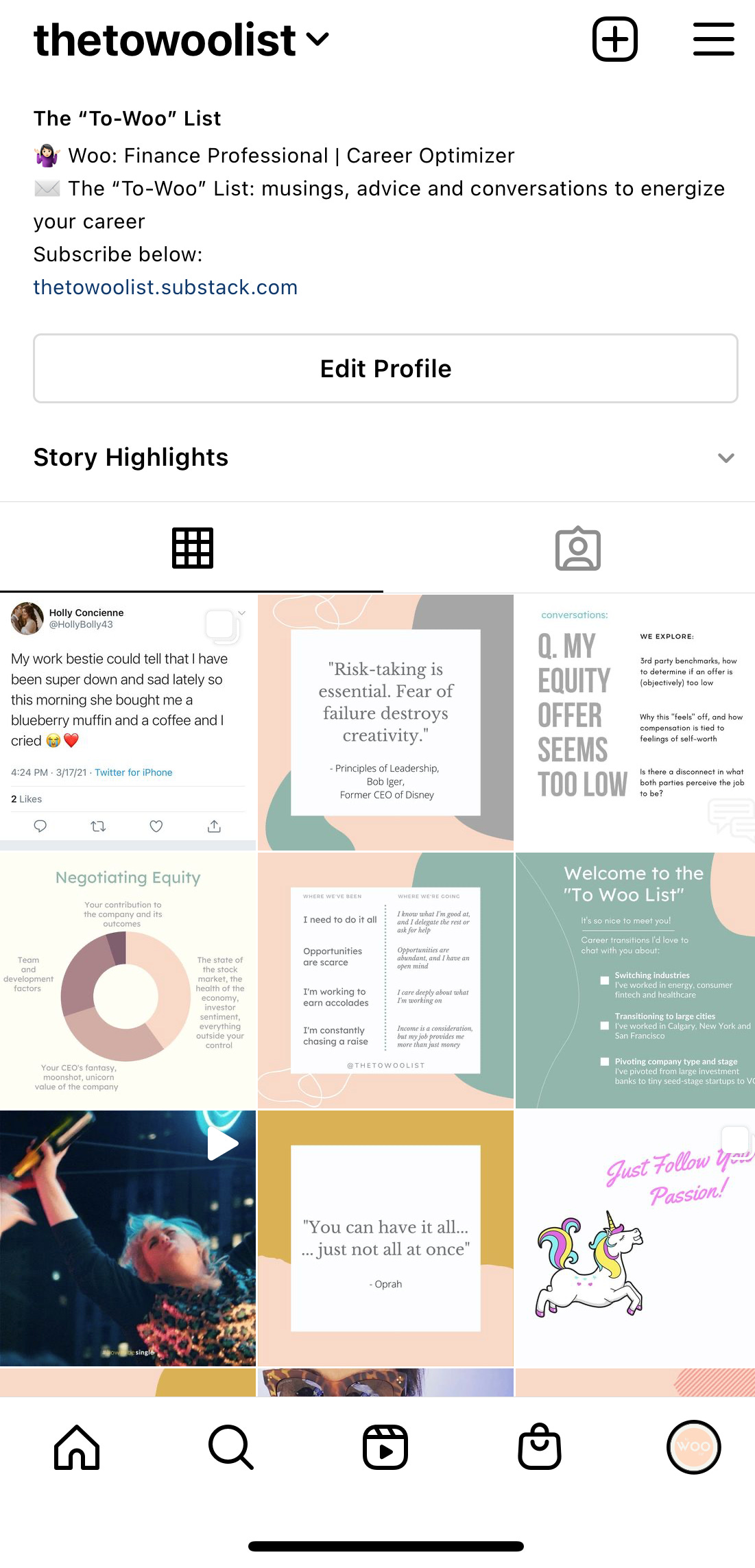Aloha!
Guys, maybe I’m onto something here: Prince Harry is joining a career coaching startup. I’m not sure what career advice someone who has been a professional… monarch (?) for all of his life can offer, but it’s pretty cool that he’s using his platform to support career satisfaction and mental health.
With my third post published, (archive here), I think I can now tentatively say: I have a newsletter! And, I can tentatively ask you for feedback in the comments. Tell me your candid thoughts. Examples of actionable feedback include:
“Just give me the punchlines, I have the attention span of a goldfish”*
“Your puns are terrible, pls stop”
“The topics are too broad, I need more focused anecdotes”
Or, “This is great and I know a friend or colleague that would get a lot of value from this.”
*If in fact, you have the attention span of a goldfish, and prefer Instagram anecdotes, I got you, boo.
Musings
This week’s newsletter is about friends in the workplace. Some of my best friends are people I’ve met at work. One particularly strong friendship emerged early on in my career with one of the only other females on a 60-person commodities trading floor. Strong bonds were formed at our weekly round of drinks and round-up of “Can you believe they said that?” - a bewildered recollection of the ridiculous things shouted/hollered across the floor by our colleagues that week.

Intuitively, we know that having a work friend makes work better, but a study by Gallup, (a global analytics and consulting company) takes this one step further in their “Q12” study, a list of twelve key dimensions that describe great workgroups. It’s an interesting framework to assess engagement at work (I encourage you to take it!), and bucketed into four broad themes.
Under the theme of “Strong fit between employee and organization”, is #10:
“I have a best friend at work”
“More than any other Q12 statement, "I have a best friend at work" tends to generate questions and skepticism. But there is one stubborn fact: It predicts performance.”
It makes sense, doesn’t it? Having a best work friend implies that there is strong alignment between your values and at least one other person at the organization. There’s also likely to be a deep sense of affiliation between you and your team and organization if you feel like your actions impact a good friend - you don’t want to let each other down, you want to make the best decision for the collective good.
It’s anecdotally great to have a coffee buddy, but empirically, there is considerable value to having a work bestie:
Globally, three in 10 employees strongly agree that they have a best friend at work. By moving that ratio to six in 10, organizations could realize 28% fewer safety incidents, 5% higher customer engagement scores and 10% higher profit.
Conversations
If working with friends makes our job more rewarding, does it go to follow that hiring friends will guarantee that our job will be more rewarding?
This week’s conversation was with a startup executive who was strongly considering hiring a close friend into her small, high-growth organization to deploy against a specific project. Logically, she knew that this person had the exact skill set to execute the project, but she had hesitations about bringing on a very close friend that she would effectively be managing.
Notwithstanding the research above about affiliations and loyalty, we discussed a few considerations:
Nature of the friendship: friendships are borne from many different sources: business school, previous jobs, the bathroom line at Joshua Tree, (Cowboys/The Page/[insert grimy dive bar here]). Has the nature of the friendship revealed this individual’s ability to perform in a professional setting? It may not be necessary to have formally worked with them before, but have you navigated sufficiently challenging situations with them to sense how they might perform professionally?
Structure of the work relationship: will this person report into you? Will you be collaborating with the person, or managing this person? If you derive value from your friendship through confiding in each other (aka gossip), can you engage in this without triggering a conflict of interest?
You have more information (good and bad) than in a typical hiring situation: If it is a close friend, you will know the best and the worst things about them. Traits that would never show up on a resume or in a job interview. You will undoubtedly focus on the good, but can you be honest about their most difficult traits and think through how that will manifest in your workplace and culture?
What does a breakup look like: have you had hard conversations with your friend? Have you had to discuss differences in judgement and approach in other parts of life? In a worst case scenario, what would your friendship look like if you had to part ways professionally?
Resources/Links:
Double-click on the Gallup question
HBR published this excellent piece on hiring friends
Relevant for these times: “How Remote Workers Make Friends”
Cool ladies doing cool things: a colleague recommended this book on the founder of CRISPR, who won the 2020 Nobel Prize for pioneering gene editing: “The Code Breaker: Jennifer Doudna, Gene Editing, and the Future of the Human Race”
Not career related, really just a deep dive on friendships - oldie but a goodie from “Wait But Why”: 10 Types of Odd Friendships You’re Probably a Part Of
Tell Me About You
What are some epic work friendships you’ve had, and how were they formed?
Have you behaved differently in a job because of a sense of affiliation or loyalty to a work friend? (the best example I can think of here is delaying quitting or changing roles to preserve working with a person or team)






I have always had a work bestie at each organization I've been at. That person you can always hit up off-line confidentially about whatever topic related to (insert name) coworker and how to better handle a situation or manager. Or when you're feeling lost in a meeting or your idea isn't landing at least you have someone else you can fully trust to tell you if you're crazy or not. Always good for coffee, lunch, and work parties but even more valuable at the harder conversations you don't feel comfortable having with your direct leadership. Keep on keeping on bestie!
I never would have gotten through articling at PwC if it hadn't been for the friendships I made during the first week of training!